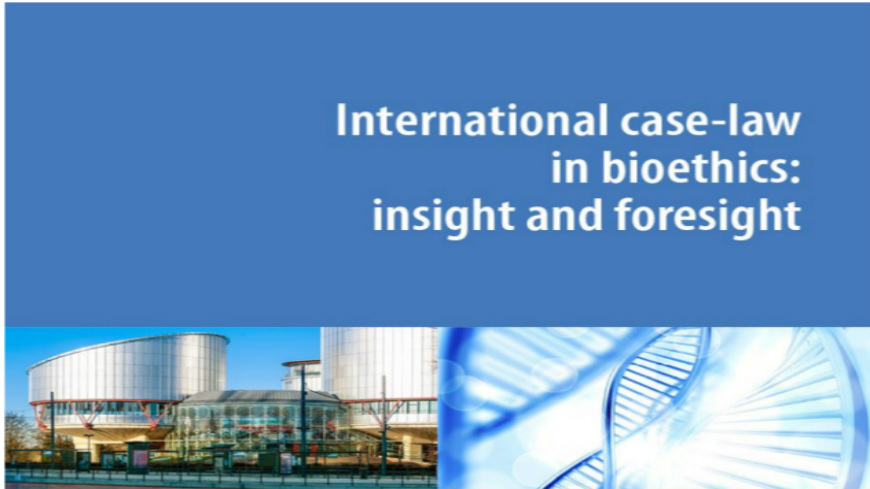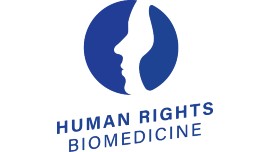The seminar took place on 5 December 2016 in Strasbourg under the auspices of the Cypriot Chairmanship of the Committee of Ministers of the Council of Europe.
In view of the increase of high-profile cases relating to Human Rights in the biomedical field, the Seminar aimed at analysing the qualitative and quantitative evolution of the relevant case-law of the European Court of Human Rights and impact at national level. By analysing relevant national case-law, it further aimed at identifying emerging trends to allow a forward look on possible human rights challenges in the biomedical field. The Seminar is incorporated within the framework of the preparation of a Conference which was held on 24-25 October 2017 on the occasion of the 20th anniversary of the Convention on human rights and biomedicine (Oviedo Convention).







